Latest News
Exclusive Evoplay interview on Italy: “We’re creating high-quality games that can really appeal to Italian players.”
Italy is arguably Europe’s second biggest gaming market and the most interesting when it comes to retail vs. online – with 80% or more players still part of the land-based scene.
We caught up with Evoplay CCO Vladimir Malakchi to hear the latest on their plans for capturing the market, as well as how the award-winning studio’s games are proving to be a real asset for their latest Italian partners.
Congratulations on Evoplay’s multiple deals as you expand into Italy! Can you tell us a bit more about your recent partnerships and your plans for further growth in the market?
Thank you! We’re very excited about our recent partnerships and our plans for further expansion. We entered Italy back in 2020, and, over the past three years, we’ve ensured constant growth in players’ interest, trust and openness towards trying out our latest titles.
I truly believe that the key to any commercial success is the partnerships and connections we build with the operators we work alongside. As a result, we are very proud to work with some of the country’s biggest brands. Last year was by far our best yet, securing deals with the likes of Tuko Productions, Scommettendo and Sportbet. Our award-winning slots and instant games have proven to be a real differentiator, and we’re delighted that the feedback has been so positive.
On plans for further growth, we’re strongly focused on building our partner relationships even more, as well as creating high-quality games that can really appeal to Italian players. Our unique gamification tools will no doubt be key to this and are a strong factor in our focus on boosting engagement. So, in short, we’re very excited about Italy’s potential, and we’re confident that our unique approach will continue to resonate with players and partners alike.
What has been the principal driver behind Evoplay selecting Italy as a key market for growth? How would you summarise Italy’s online audience and demographics?
Our main drive here is the increasing adoption of online gaming from land-based. The numbers are clear to see; the online market revenue is projected to grow by 6.69% annually between 2023 and 2027, reaching a total volume of €3.68bn. On audience and demographics, the country is incredibly broad and diverse – which means significant opportunity. There’s a potential market of up to 20 million people for online, with a ratio of approximately 60:40 of male vs. female.
Given that near-parity, we can pursue plenty of creative options. The 25-34 age group is the largest segment, so demand for innovative entertainment is on the rise – which is a gap that Evoplay is serving well! It’s also good to note the level of smartphone penetration – with over 80% of the population using new generation smartphones, game content should be heavily mobile-optimised.
As well as being one of Europe’s biggest gaming markets – Italy also has a unique retail heritage with as much as 90% of gaming still happening offline. What strengths can you offer to operators to provide a platform for conversion into the online world?
Italy’s land-based gaming heritage certainly sets it apart from the rest of Europe. Online gaming holds distinctive benefits such as convenience, a greater variety of games, and of course, bonuses and promotions such as tournaments and quests. I believe that in-game and out-game gamification tools can effectively drive player engagement and improve conversion efforts for sports bettors and offline players. And, of course, those in-game and out-game gamification features add to the whole thrill of playing online, creating a community.
At Evoplay, we pride ourselves on our ability to create immersive and engaging games offline with strong visual and audio elements that can create an experience as exciting as a real casino. We believe that this is particularly important in the Italian market, where players are accustomed to the sensory experience of playing offline and improving conversion efforts for sports bettors and offline players. As a result, we focus heavily on our unique range of gamification features and incentives for our partners.
In addition, we also work closely with our partners to ensure that our games are integrated seamlessly onto their platforms, making it easy for players to access and play them. We understand that trust is a key factor in Italy, so we emphasise ensuring that our games are secure and reliable.
Onto slot types – what gaming trends are you seeing for Italian players and how are you catering to that demand? Which of Evoplay’s games is performing the best?
It’s common knowledge that football is Italy’s favourite sport, and it’s a huge industry with millions of people betting on it. This has had a significant impact on gaming trends in the country. Instant games have become particularly popular, providing a nice contrast to the wait for live sports fixtures when betting. Players love the instant results they get from these games, and it’s a refreshing change of pace. So of course, football-themed games work perfectly for this. Another trend we are seeing is that Italians love to play chicken-themed titles, so this is certainly an avenue we’re continuing to develop!
We are always looking to stay ahead of the curve and provide our Italian players with the latest and most innovative gaming experiences. Classic slots, video slots, in-game gamification elements, out-game gamification, tournaments, and quests are trending heavily, and we’re actively catering to that demand. Our current top-performing games in the Italian market are Penalty Shoot-out, Fruit Super Nova Game Collection, Elven Princesses, and Hot Triple Sevens. These games are loved by players for their engaging gameplay, stunning graphics, and exciting bonus features.
As a truly innovative studio, how can you help online operators improve their conversion efforts for sports bettors and offline players? What can you offer that’s different?
Sports, and indeed sports betting, is an essential part of the Italian fabric. We understand that importance, and we’re proud to offer RNG-based games that provide a unique sports betting experience.
Our games are also designed to be integrated seamlessly with sports betting platforms, which means that players can quickly switch between gaming and sports betting, with the same action enjoyed across both. Evoplay’s RNG-based Football Pack is a vital component of this commitment as it offers a unique and exciting experience that adds to the overall thrill of the betting experience.
Testament to this is the success of our Penalty Shoot-out. This instant game is unique because it features an innovative betting method that keeps players engaged and excited. As players navigate through the game, they experience a realistic penalty shoot-out where they get to choose the nation they want to represent and aim for goal.
Last but not least, what’s Evoplay’s vision for Italy 2023 and 2024? What are your plans for growing even further in the market and entertaining players?
Our vision for Italy in 2023 and 2024 is focused on growth and continued innovation. The market is a core part of our European strategy, and we’re committed to providing the best gaming experiences possible for players here.
To achieve this, we’re launching new games of different types that are tailored to local audiences. Especially exciting is that players can expect another game in the Penalty Shoot-out series. Additionally, we’re also preparing our next flagship game, which is truly fresh and unique, and we’re confident it will be a real hit with players here.
We’re also providing our partners with different game packages that include marketing activities and engagement opportunities. We also see plenty more opportunity in transitioning land-based players to online, which gamification will be a key driver towards achieving. We make calculated data-driven moves, so we will be gathering all the data and feedback from our operators and based on the collected information, we will prepare our next steps and make predictions for 2024.

Latest News
The anatomy of a high-performing iGaming platform: a guide from Slotegrator
Slotegrator, a gambling solutions provider and game aggregator, has released new downloadable material about the key components of a successful online casino platform. The guide includes practical checklists to help beginners set up platforms from scratch and experts enhance their projects.
In the iGaming industry, a project’s long-term success depends on the power and versatility of its platform. But that platform can’t be based on any old software; just like how you can’t have a car without four wheels and an engine, there are vital components to an online casino platform.
So what are they?
Let’s start with first impressions. The frontend is the “face” of a platform. Almost 75% of players judge a gambling website based on its appearance, and 88% of users won’t return after a negative experience.
Key frontend elements include:
- Branding (visitors should understand the idea from the first glance)
- Navigation (everything should be simple and easy to find)
- Transparency (players must have easy access to relevant information)
- Localization (adoption of language, currency and cultural norms).
If the frontend is the face, the backend is the brain. It should contain all the tools for successful online casino management. A quality backend should give the operator total, real-time monitoring and control over every aspect of a business — payment processing, regulatory compliance, game statistics, player data, retention strategies, analytics, compliance, player support, and everything else.
New operators often find themselves trying to choose whether to build such a platform in-house or to outsource the job. Slotegrator’s report carefully weighs the pros and cons of each option and reaches a clear conclusion: in-house development might save a little money in the short term, but it’ll cost much more in the long run.
“We created this guide to help operators to understand what truly belongs in a successful iGaming platform. An engaging frontend and a powerful backend are essential tools for attracting and retaining players. The guide is a valuable resource for evaluating a platform’s strengths and weaknesses and building a clear promotion strategy”, says Svetlana Kirichenko, Head of Marketing at Slotegrator.
Slotegrator’s guide also includes several key checklists:
- Essential frontend functions
- Key backend features
- Necessary modules for platform architecture (featuring a real example of Slotegrator’s turnkey online casino platform.
Download the guide via the link.
ABOUT THE COMPANY
Since 2012, Slotegrator has been one of the iGaming industry’s leading software and business solution providers for online casino and sportsbook operators.
The company’s main focus is software development and support for online casino platforms, as well as the integration of game content and payment systems.
The company works with licensed game developers and offers a vast portfolio of casino content: slots, live casino games, poker, virtual sports, table games, lotteries, casual games, and data feeds for betting.
Slotegrator also provides consulting services in gambling license acquisition and business incorporation.
The post The anatomy of a high-performing iGaming platform: a guide from Slotegrator appeared first on European Gaming Industry News.
Latest News
PAGCOR ORDERS TAKEDOWN OF GAMBLING BILLBOARDS
In a memorandum issued on July 7, PAGCOR directed all licensees, suppliers, system administrators, and gaming venue operators to take down gambling ad materials, including those displayed on trains, buses, jeepneys, and taxis.
The agency emphasized that only institutional or responsible gaming campaigns—subject to PAGCOR’s approval—will be permitted moving forward.
“We have given all our licensees and stakeholders until August 15 to completely remove all gambling-related ads,” said PAGCOR Chairman and CEO Alejandro H. Tengco.
“Prior to that, stakeholders must also submit an inventory of their existing billboard and wallscape advertisements by July 16.”
The inventory, according to Mr. Tengco, must include the size, material, location, rental contract expiration, and the corresponding permit number from the Ad Standards Council (ASC).
The PAGCOR chief said the move is part of the state gaming agency’s commitment to promote a safer and more responsible gaming environment in the country.
“While PAGCOR is mandated to regulate the gaming industry and generate revenues for nation-building, we do not want to encourage a culture of gambling addiction,” he said.
“Regulating excessive and pervasive gambling advertisements is a critical step in protecting vulnerable sectors of society, especially the youth.”
The agency also warned against replacing the dismantled advertisements with new gambling promotions, stressing that non-compliance will be dealt with accordingly.
The post PAGCOR ORDERS TAKEDOWN OF GAMBLING BILLBOARDS appeared first on European Gaming Industry News.
Latest News
Week 28/2025 slot games releases
Here are this weeks latest slots releases compiled by European Gaming
Spinomenal has released its latest title, Queen of Oasis. Set against the rolling ancient Egyptian dunes and lush, palm-lined oases, Queen of Oasis immerses players in an elegant world of riches. Camels, vultures, antelopes, snakes, and the powerful Queen herself bring this 5-reel slot to life. The reels sit within two ornate marble pillars where the bejewelled Queen represents the Wild symbol.
TaDa Gaming has released Golden Bank 2, a sequel to the popular Golden Bank slot. With a 10,000x max win and exciting features, Golden Bank 2 engage players with its immersive gameplay and the potential for substantial payouts. Set in a golden vault, Golden Bank 2 combines the simplicity of classic slots with the thrill of modern mechanics. With vibrant graphics and a dynamic soundtrack, the game immerses players in an exciting, high-stakes atmosphere.
Evoplay has launched Belfry Bliss Hold and Win, a fiery 5×3 slot that blends retro-inspired visuals with a darker twist on the fan-favourite Hold and Win mechanic. Set against a backdrop of flames and ringing bells, the game reintroduces Evoplay’s mischievous Devil character, not as a foe, but as a Wild symbol, lighting the way to potential wins. Classic slot icons like sevens, bars and cherries return, but the real action begins when the bells drop.
Brute Force: Alien Onslaught reunites the original Brute Force members… with a surprise addition. Joshua and Jason have recruited the help of Jade, a fearless mercenary, who doesn’t know defeat. This game joins the ranks of signature Nolimit City slots like Fire In The Hole 3, Highway To Hell and most recently Flight Mode. It’s time to lock and load, once again! Unlike the prequel, Brute Force: Alien Onslaught features a 6 reel setup, wilds and a new baddie, Xylox, who can steal multipliers from Joshua, Jason and Jade.
Push Gaming has returned to the deep blue with Fish ‘n’ Nudge Big Catch, a reimagined follow-up to one of its most beloved recent titles. Building on the charm and success of the originalFish ‘n’ Nudge, Big Catch brings fresh energy to the series with a new take on free spins and added layers of excitement designed to engage both loyal fans and new players.
Play’n GO unveils Rise of Orpheus, a mythical slot that takes players deep into the Underworld in pursuit of love, light, and powerful gameplay features. Following in the footsteps of mythology-inspired favourites like Gates of Troy and Rise of Olympus, Rise of Orpheus brings the tragic tale of Orpheus and Eurydice to life through emotionally charged mechanics and immersive storytelling.
Playson welcomes the return of its mischievous trickster in Super Pink Joker: Hold and Win, who features as a Wild during base play before shapeshifting into a lavish Multiplier for the renowned Hold and Win Bonus. Set in a dazzling pink world full of energy, the release cranks up the heat with dynamic animations and upbeat audio, with the jester taking his place on the enlarged 5×3 grid alongside electrified coins and cartoon-style fruits.
Blueprint Gaming™ reignites the prehistoric fun in its latest major branded IP release, The Flintstones™ Bedrock Riches, led by two lavish bonus games and an intriguing base play trail. The series’ original, The Flintstones™, enjoyed a strong initial uptake in users following its launch in May 2024, with players gravitating towards the familiarity of the brand and series. The renowned slot studio now feels confident the latest offering has built on key features and aims to retain players long term.
ELA Games, a dynamic game development studio, announces the release of John’s Book, its modern take on timeless themes and mechanics. The game invites players to join John the Explorer to hunt for ancient treasures buried in a Pharaoh’s tomb. Rich with iconic symbols and familiar mechanics, John’s Book is a tribute to the well-loved “Book Of…” format that’s prevalent in the industry while adding its twists. With high replayability, easy-to-understand features, and an immersive design, this title appeals to both veteran and casual players.
Players get to dig deeper with every spin as they search for gems and big wins in Wild Gold Mine, the latest slot release for iGaming content provider, ICONIC21. Wild Gold Mine promises a glistening player experience thanks to a cart-load of features, including a unique bonus that makes an appearance for the very first time in an ICONIC21 slot.
“Hellish 7 Hold & Win”, (Höllische 7 Hold & Win in German) is now live, a spicy Classic Series slot from the Berlin-based developer Hölle Games. This is a new summer edition in the Hellish Seven franchise, known for its high volatility, hellishly good payouts, and hard rock riffs. The new entry features Hold & Win, where, if players can fill the reels with (any) cash symbol, they will win the impressive 7777x main prize!
Tom Horn Gaming is kicking off July with Panda Rica, a fast-paced 3×3 video slot that delivers simple yet captivating mechanics and vibrant visuals. From expanding wilds and multiplier wins to Star Gamble Ladder, the game is a standout addition to the supplier’s growing portfolio of slot titles. Designed for quick sessions and high engagement, Panda Rica combines classic slot appeal with clever gameplay that elevates the player experience.
Prepare for an unforgettable summer as Endorphina announces the highly anticipated release of Sticky Lips, its latest captivating slot. This visually striking title invites players into a vibrant world where Endorphina’s Joker makes a remarkable return, blowing irresistible kisses to make their winnings truly stick. She’s wild, she’s wicked – and her lips are ready to stick you with luck! Dare to stare into her eyes in this 5-reel 4-row slot with 50 fixed paylines and prove your worth to get a lucky, juicy kiss. With every spin, her lips glow and tempt, hungry to lock in golden wins.
The post Week 28/2025 slot games releases appeared first on European Gaming Industry News.
-

 Latest News3 months ago
Latest News3 months agoWeek 17/2025 slot games releases
-

 Latest News3 months ago
Latest News3 months agoFortuna Partners with 2025 UEFA Under-21 EURO
-
Latest News3 months ago
Esports World Cup Foundation Confirms Full Game Lineup, Schedule, and Club Championship Rules for EWC 2025
-

 Latest News2 months ago
Latest News2 months agoELA Games Receives Key Nomination at EGR Marketing & Innovation Awards
-
Latest News3 months ago
ACR POKER’S NEXT HIGH STAKES ADVENTURE TAKES PLAYERS TO MONTENEGRO FOR PRESTIGIOUS SUPER HIGH ROLLER SERIES
-
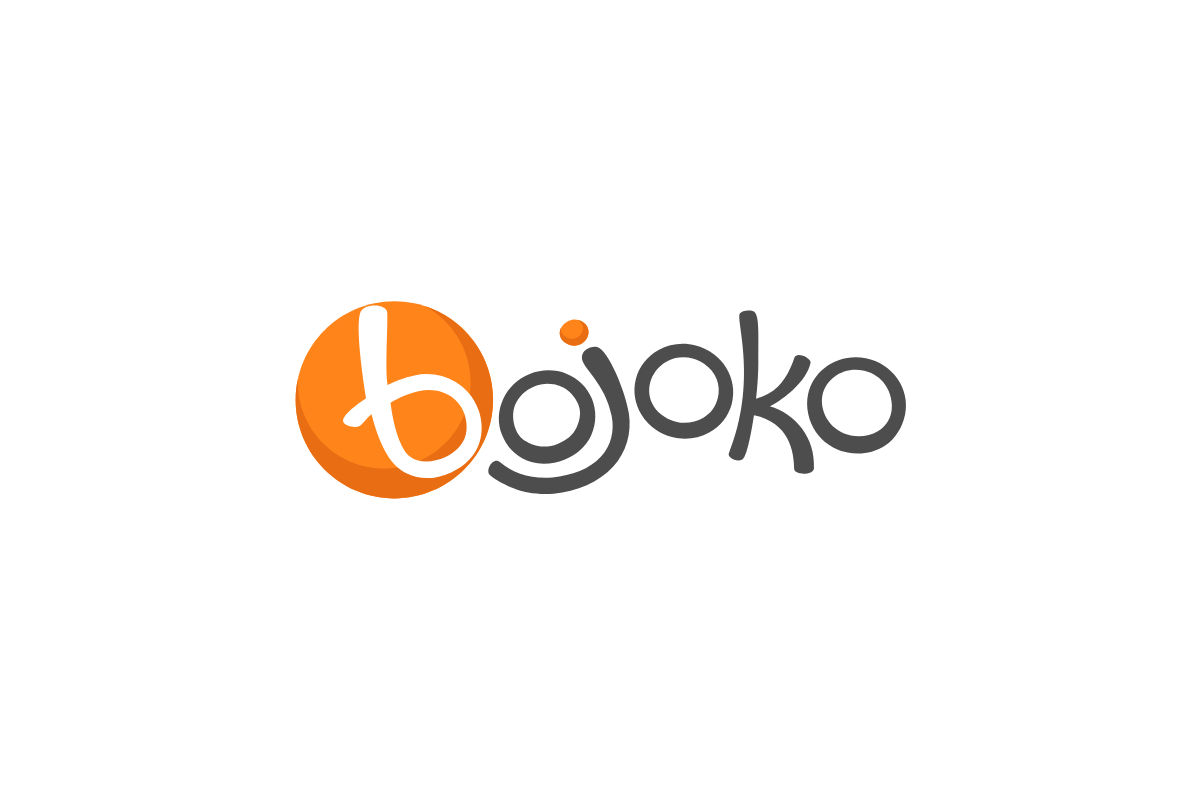
 Latest News3 months ago
Latest News3 months agoBojoko.com Surpasses €100 Million in All-Time Deposits Milestone
-

 Latest News3 months ago
Latest News3 months agoLeoVegas Group to Open a New Office in Leeds
-
Latest News1 month ago
LEGENDS by Fire & Ice: July 1st at The BOX Soho




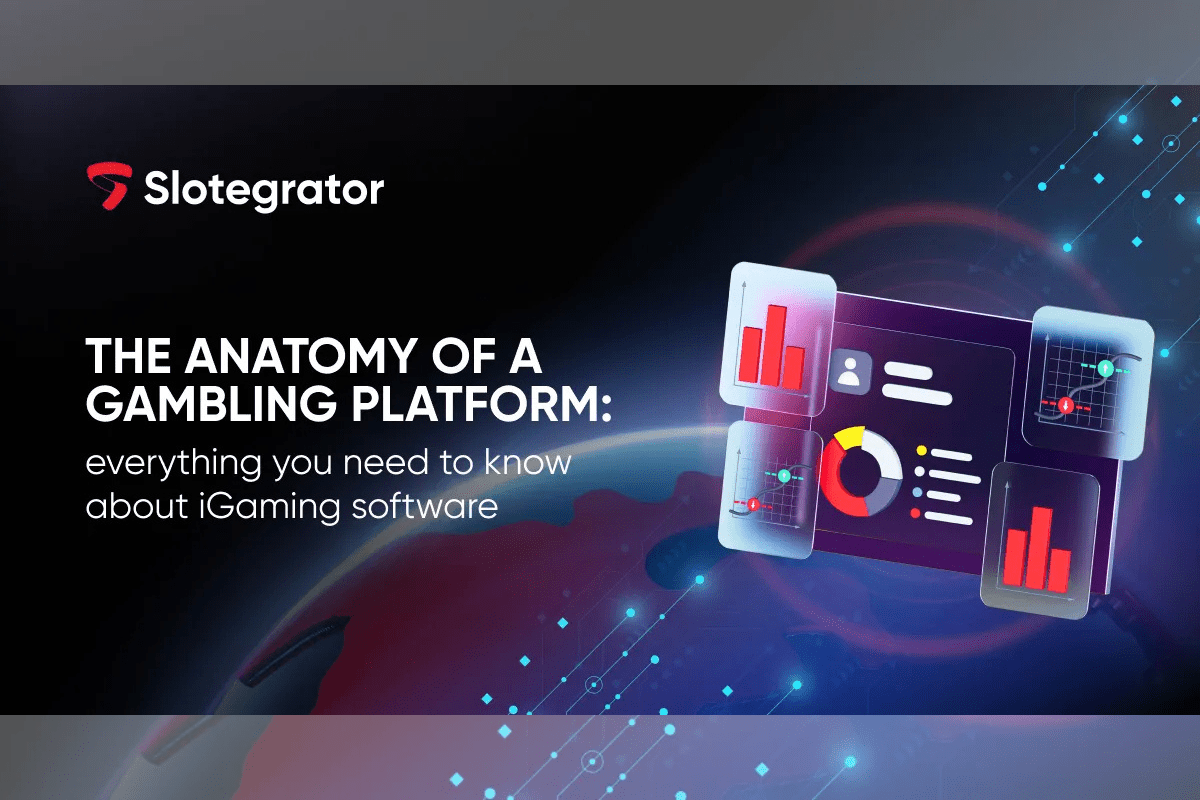
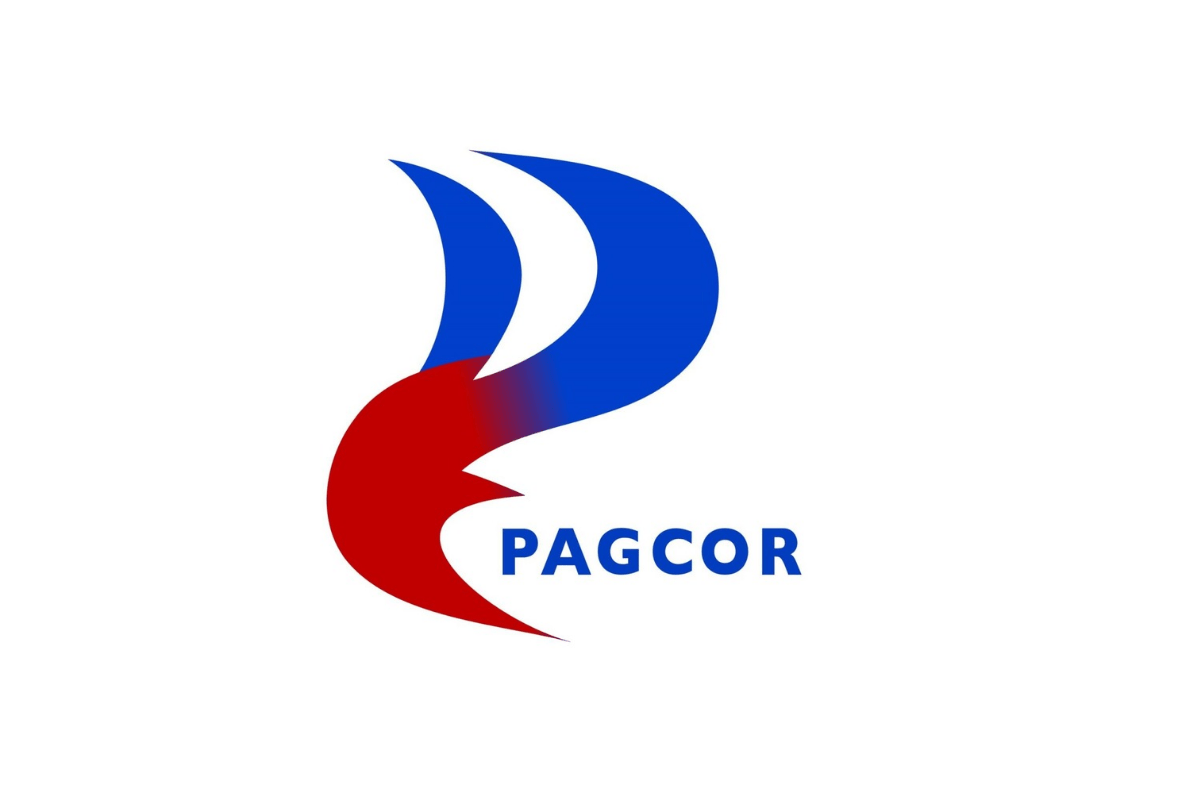

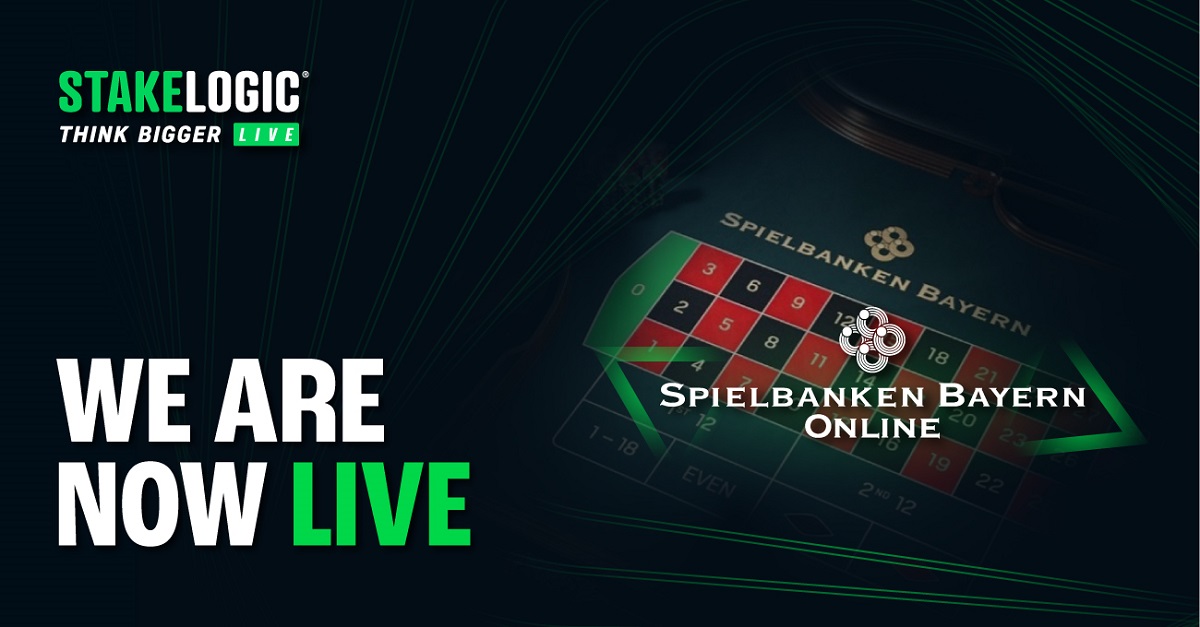



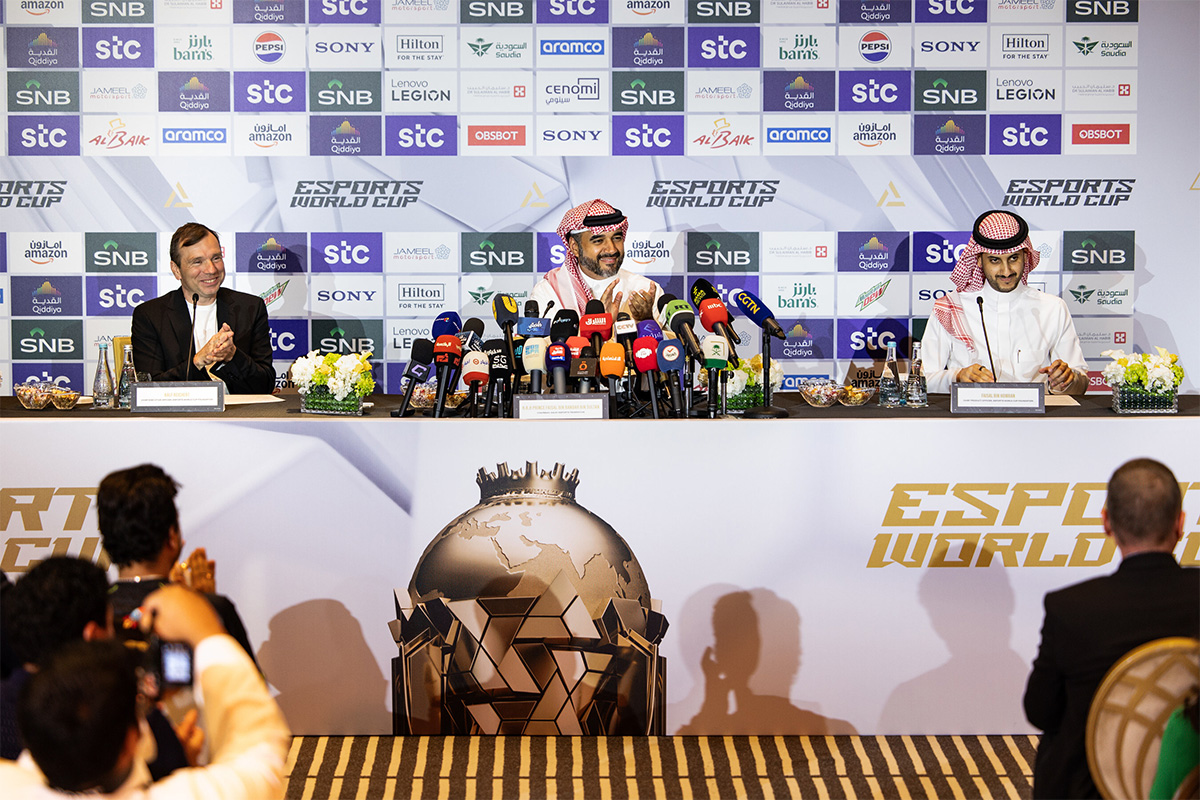
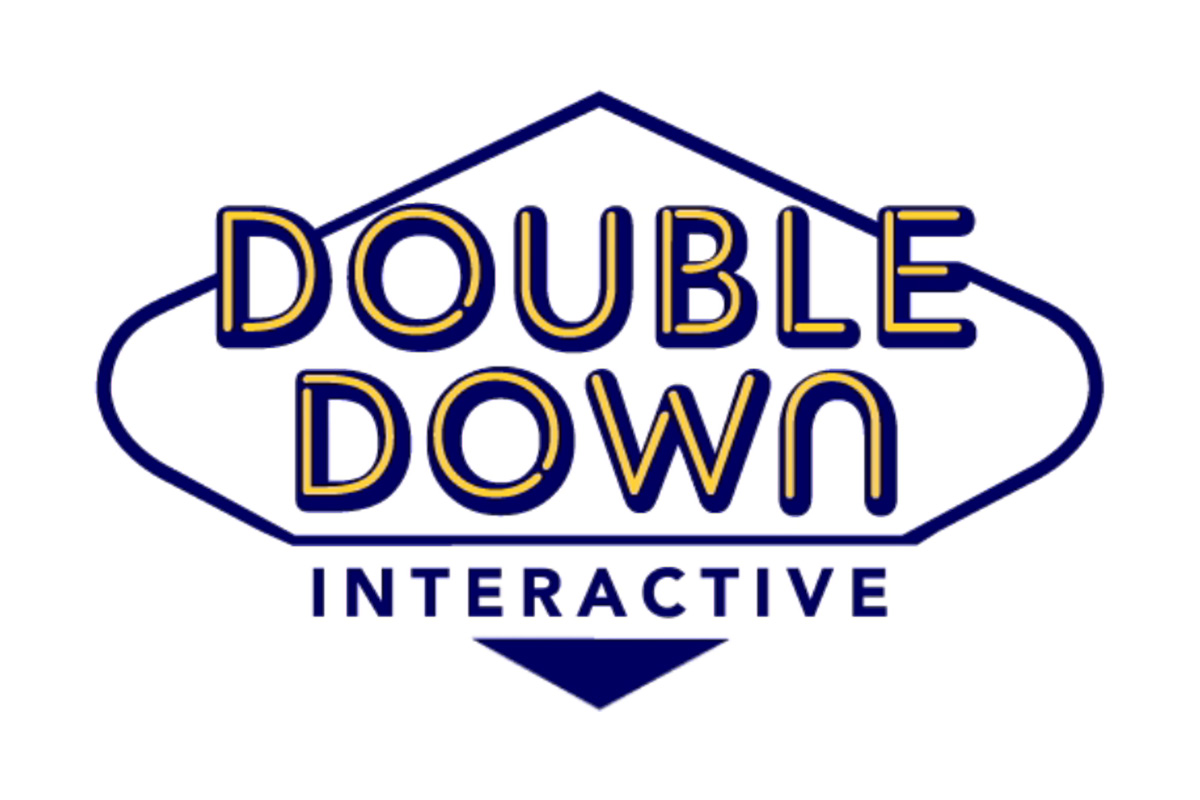
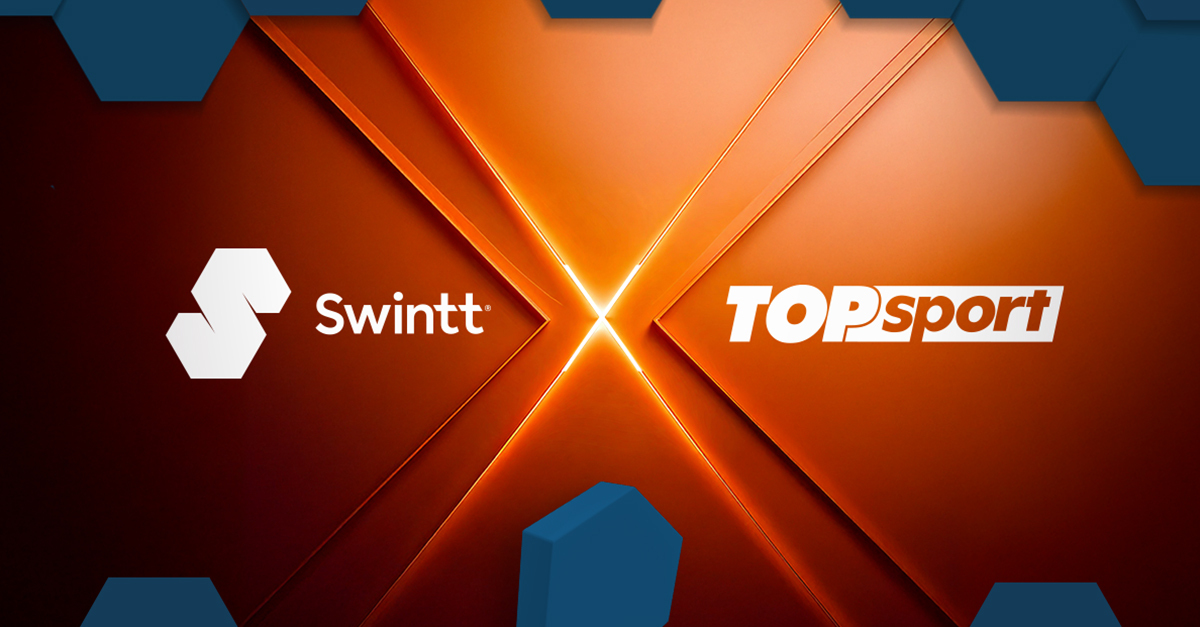
You must be logged in to post a comment Login